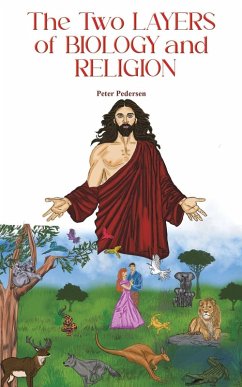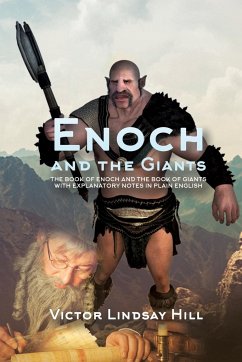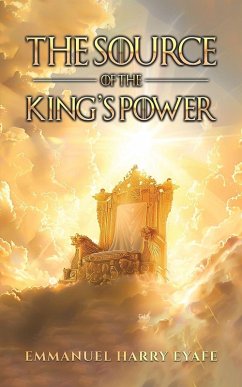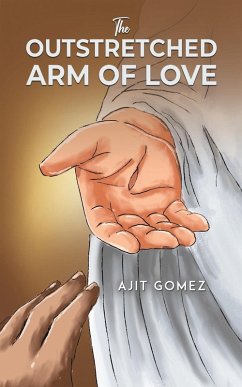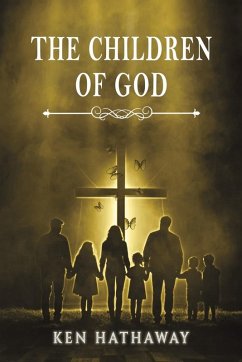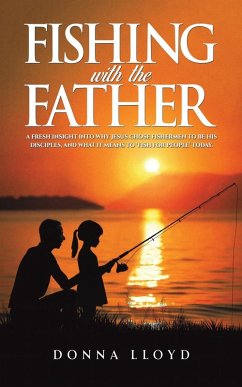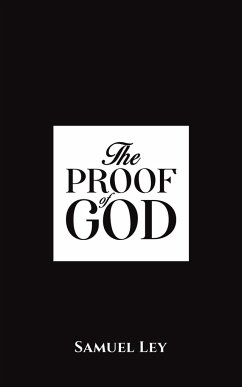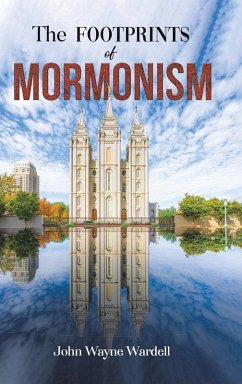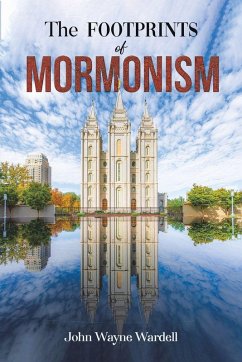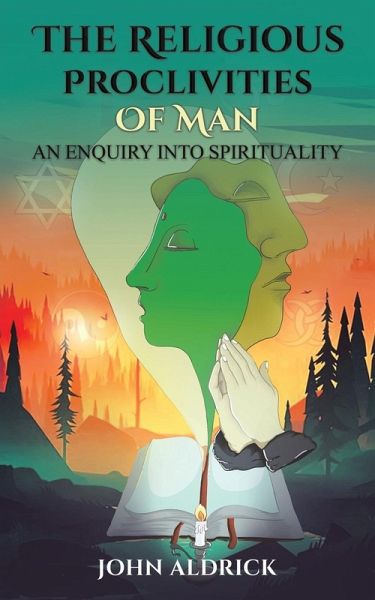
The Religious Proclivities of Man
Versandkostenfrei!
Versandfertig in 1-2 Wochen
11,99 €
inkl. MwSt.

PAYBACK Punkte
6 °P sammeln!
In the quest for meaning and purpose, humanity has long sought solace in religious beliefs and mystical practices. However, for those who find the concept of an omnipotent, external God difficult to accept or the idea of an afterlife questionable, this book offers a fresh perspective. Without detracting from conventional religion, the author explores an alternative spiritual path for sceptics, the uncommitted, and those who identify as atheist or agnostic. Delving into the origin and nature of life, the book proposes thought-provoking views on the essence of God and the possibility of life aft...
In the quest for meaning and purpose, humanity has long sought solace in religious beliefs and mystical practices. However, for those who find the concept of an omnipotent, external God difficult to accept or the idea of an afterlife questionable, this book offers a fresh perspective. Without detracting from conventional religion, the author explores an alternative spiritual path for sceptics, the uncommitted, and those who identify as atheist or agnostic. Delving into the origin and nature of life, the book proposes thought-provoking views on the essence of God and the possibility of life after death. It presents a gospel rooted in the realities of nature, drawing parallels with the beliefs of the Australian Aborigines, whose religion is uniquely intertwined with the natural world. This book invites readers to consider a spiritual framework that aligns with their observations and experiences, offering a compelling alternative for those seeking a deeper understanding of existence beyond traditional religious doctrines.



